What makes us do what we do? Why do we do it? Are you an optimist, a pessimist, a trusting person or one of the 30% of the population who is classified as envious? Here we take a look at the intriguing concept concerning us all: human behaviour.
What is human behaviour?
As Bjork once sang: “If you ever get close to a human, and human behaviour, be ready to get confused.” She was right – human behaviour is incredibly complex. We are all as individual as our fingerprints, and our behaviour is shaped by our genetics, our environment and experiences, our personality traits, thoughts, feelings, biases and many other factors all working together.
While we can’t observe the mind directly, everything we do, think, feel and say is determined by the functioning of the mind. So human behaviour is really the raw data and metrics behind behavioural science, and which is critical to psychologists in academia testing out their hypotheses about how the mind works.
The German psychologist Wilhelm Wundt opened the first experimental psychology lab in Leipzig in 1879. In the century and a half since then we have learned a great deal about the relationship between brain activity, mind and behaviour. Human behaviour research has given us some useful insights into what makes us do what we do, and why we do it, that can be applied everywhere from the psychotherapist’s couch to the board room.
What are the four types of human behaviour?
According to a much-cited, high quality 2016 study led by researchers from Universidad Carlos III de Madrid, 90 percent of human beings can be classified into four basic personality types: optimistic, pessimistic, trusting and envious.
The study used a branch of mathematics called game theory, which looks at the behaviour of people when they face a dilemma and have to make decisions. The research involved 541 volunteers who worked in pairs. The decisions they were required to make – for example, whether to cooperate, oppose or betray – had different consequences and also depended on what the other person in the pair decided to do.
The study’s findings revealed telling information about what people do in very different social situations. The researchers then developed a computer algorithm that classified people according to their behaviour, which sorted them into the four groups:
- Envious people – who don’t mind what they achieve, as long as they’re better than everyone else (30% of people).
- Optimists – who believe that they and their partner will make the best choice for both of them (20% of people).
- Pessimists – who select the option which they see as the lesser of two evils (20% of people).
- Trusting people – born collaborators who will always cooperate and don’t really mind if they win or lose (20% of people).
One example of a dilemma used in the study was that participants could hunt deer together, but if they were alone, they could only hunt rabbits. Those belonging to the envious group tended to choose to hunt rabbits because they would be at least equal to the other hunter, or maybe even better. The optimists tended to choose to hunt deer because that was the best option for both hunters. The pessimists were most likely to choose to hunt rabbits because that way they would be sure to catch something. Meanwhile, hunters belonging to the trusting group would cooperate and choose to hunt deer, without a second thought.
The study also revealed that there is a fifth, undefined group, representing 10%, which the algorithm in the study was unable to classify into a clear type of behaviour.
What about Type A, B, C and D people?
The Madrid approach is one of many that have been used to categorise human behaviour over the decades. Another approach is the Type A, B, C and D personality categories which are used widely in business and attempt to link personality with physical health.
The concept of the Type A personality was first described not by psychologists, but by cardiologists, in the 1950s. They reportedly observed a connection between heart disease and certain personality characteristics – being driven, impatient, determined to compete and to win and prone to stress. Type B was proposed as the more easy going, tolerant personality, in contrast to Type A. In the 1980s, researchers described a Type C behaviour pattern involving the suppression of one’s needs and negative emotions, compliance, and unassertiveness. Type D, meanwhile, is a combination of being inhibited in social situations and tending to experience negative emotions.
What are the real world applications of human behaviour study?
Whether it’s the toll the pandemic has taken on our mental health or the potentially damaging effects of social media and smartphone use on our wellbeing, psychology is as important now as it has ever been and has many practical applications in the real world. Psychology is relevant not only to careers in psychotherapy or counselling, but also in social sciences, policing, prison and youth services, as well as in the corporate world. Directly or indirectly, psychology can be used to help improve virtually every aspect of doing business. For example:
Workforce orientation – helping to plan teams’ tasks and clearly define their goals.
Personnel development – getting to know workers’ needs in relation to their training, implementing the best interventions and developing different approaches to help them progress in their roles and learn new skills.
Marketing – such as research into the product or company image and its level of acceptance by potential consumers.
Management – defining the roles and responsibilities involved in each position in a company and helping run the different work teams within a company effectively.
Learn what makes your colleagues tick so you can lead, support and motivate them
A key strength of the most effective leaders and managers is their understanding of human behaviour. Study the North Wales Management School’s MSc Psychology and you’ll learn how to evaluate knowledge and apply it to more effective decision making, while reinforcing your ability to support and motivate colleagues and teams.
The completely flexible online MSc Psychology can be studied anytime, anywhere, on any device and you can earn while you learn as you’ll study at your own pace over 24 months.
You will gain a breadth and depth of knowledge across core and contemporary areas of psychology to provide a competitive edge in professional and academic domains. You will develop a range of skills increasingly sought after by major employers, including analysis of datasets, statistical and computer literacy, critical appraisal, and research skills. The MSc Psychology will help you to move your career to the next level whether you’re in human resources, education and educational leadership, marketing management or market research.




